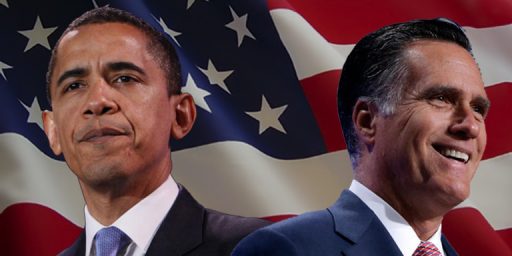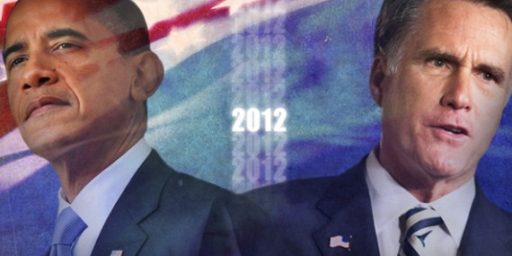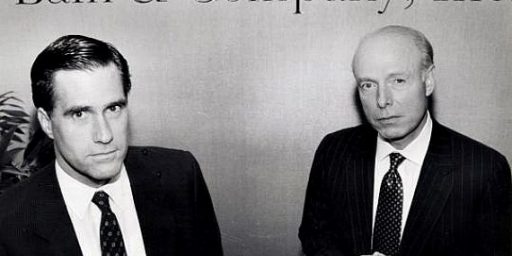Tax Deal Debate A Preview Of Race For GOP Nomination
The internal debate in the Republican Party over the tax cut extension deal with President Obama is serving as a preview of some of the battles that may erupt during the race for the party's nomination in 2012.
As the GOP prepares to take power in the House and increase it’s numbers in the Senate, forces are already in play that point to the battles that are likely to erupt during the race for the 2012 nomination:
The first reality is the assumption of power by Republicans in the House next year. After two years of being a political minority in Congress, the party’s lawmakers are showing signs of the disagreement that comes with the responsibility to lead.
The second reality is the presidential campaign that begins in earnest for Republicans as soon as Washington returns from the holidays next month. The search for a challenger to Mr. Obama is designed to highlight the differences among Republicans, and it’s already beginning to do so.
Tea Party lawmakers are the third political reality. The arrival in Washington of a significant number of lawmakers borne out of that movement is already beginning to reshape the conversation in Congress and on the campaign trail as Republicans adapt their rhetoric to a new political power at the grass roots
All three of those realities have been laid bare over the past week as the tax cut extension deal between President Obama and Senate GOP became as much about divisions with the GOP as it was about divisions with the Democratic Party:
On the floor of the Senate Tuesday, Senator John Thune, Republican of South Dakota, a possible candidate for president, used the tax deal to take a not-so-subtle shot at one of his potential rivals.
“It-s easy to stand on the sidelines and criticize this proposal,” Mr. Thune said in remarks first reported by ABC News. “And it-s perhaps even politically expedient to stand on the sidelines and criticize this proposal. But let me make one thing very clear, Mr. President, advocating against this tax proposal is to advocate for a tax increase.”
Mr. Thune may have been referring to Sarah Palin, the former Alaska governor, who opposes the tax compromise. But he may also have been sending a message to Mitt Romney, the former governor of Massachusetts and a likely presidential candidate. Mr. Romney had staked out his opposition to the tax deal in an article in USA Today on Tuesday.
In the article, Mr. Romney accused Republicans of signing on to a bad deal. “What some are calling a grand compromise is not grand at all, except in its price tag,” he wrote.
There have been similar divisions on display within the GOP over the START Treaty, DADT Repeal, and the still-pending budget bill. Even before then, we saw evidence of the conflicts between the GOP’s various factions over the candidacy of Christine O’Donnell and, of course, Sarah Palin. We’re likely to see more of this type of conflict as the 2012 campaign starts up. Thune’s comments on the tax deal, for example, were clearly directed at Mitt Romney and other potential 2012 candidates who have gone along with the conservative punditocracy in condemnation of the tax cut extension deal. Just listen to Thune’s comments on the matter from the Senator floor:
Thune is a relative unknown at this point, but he’s clearly on a path to run for President. Thanks to the tax issue, he’s found an issue to distinguish himself from the front of the pack. As he put it, if you’re against the deal, you want taxes to go up in January. Based on where the polls are, that’s the kind of contrasting that could do some good.






